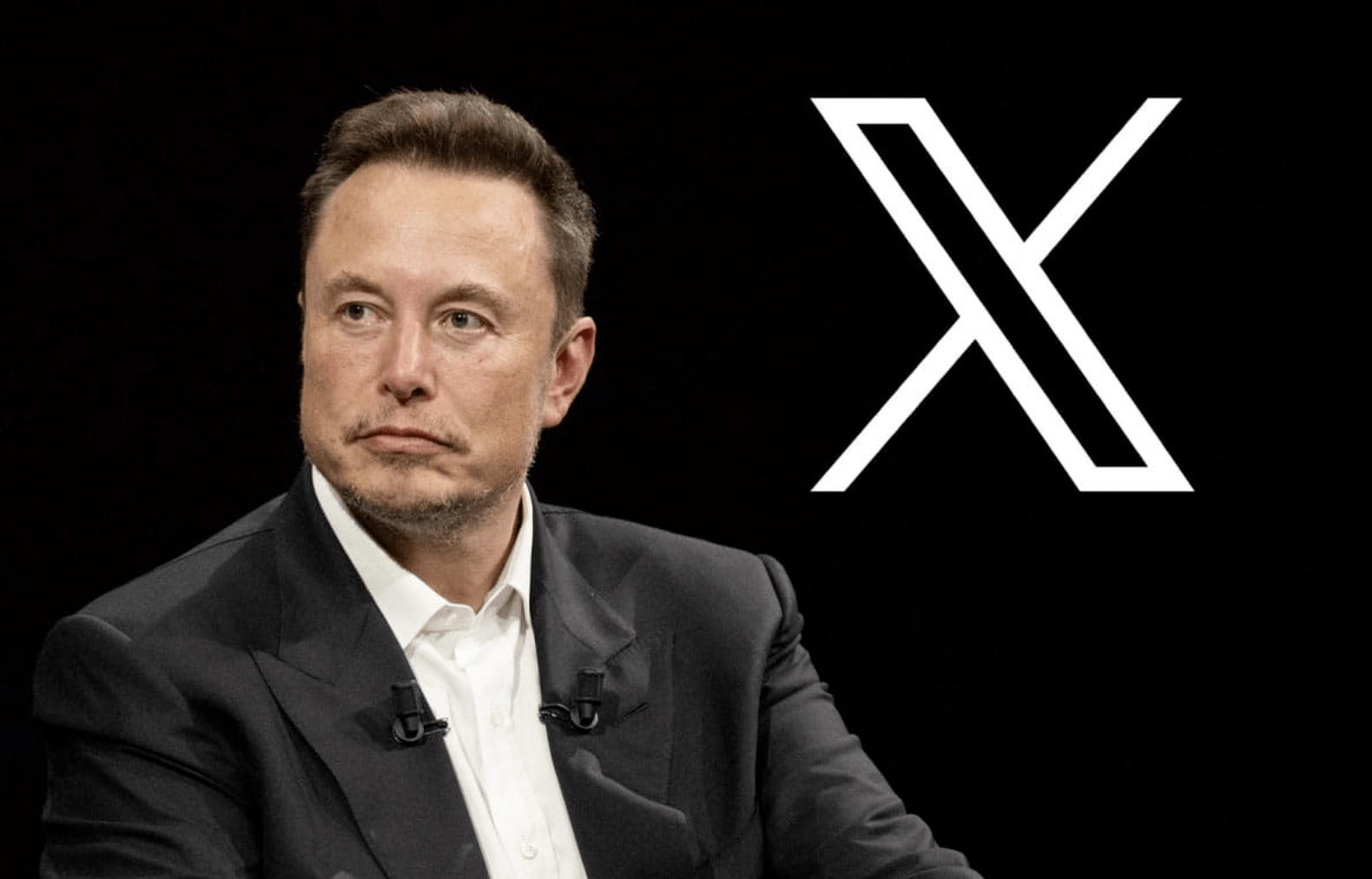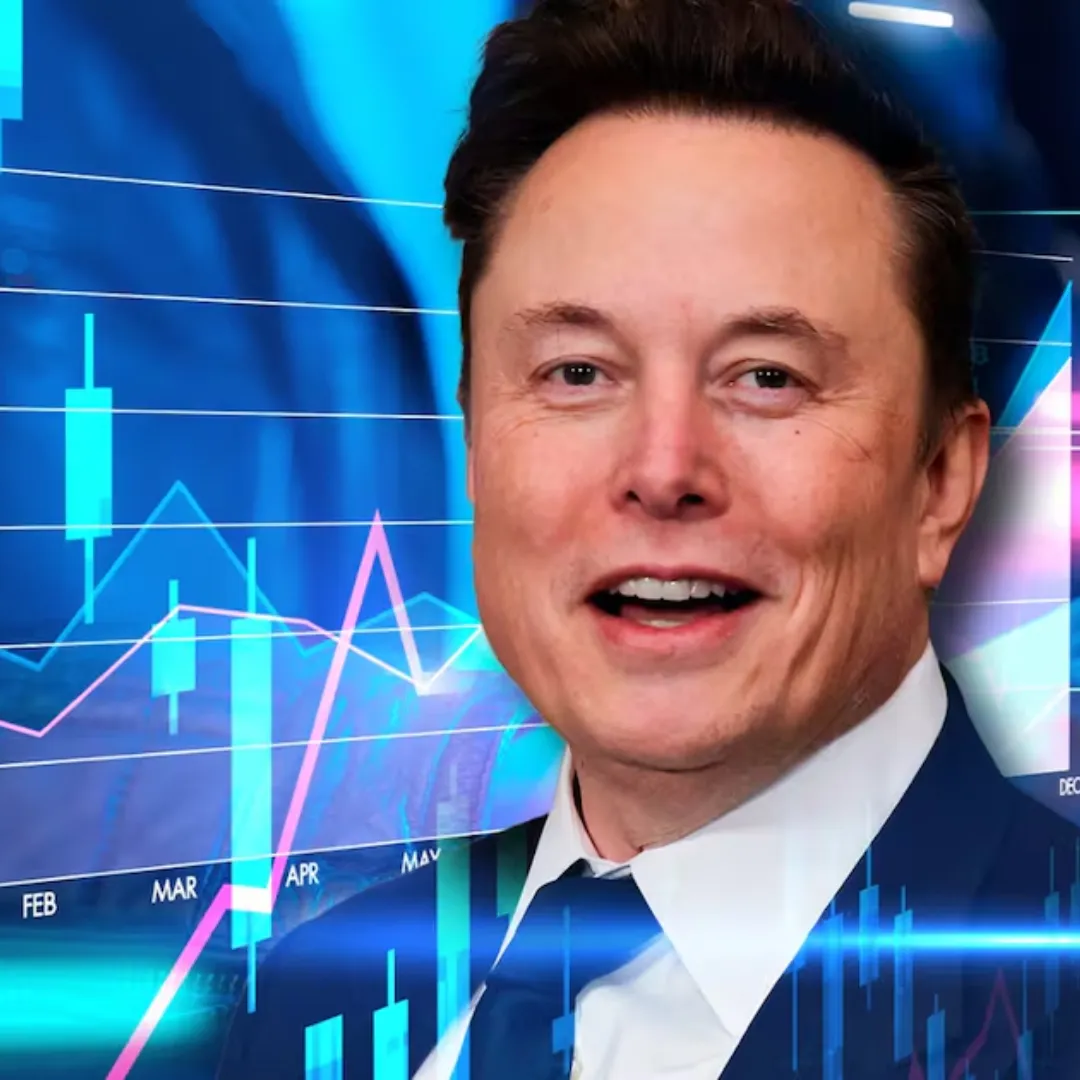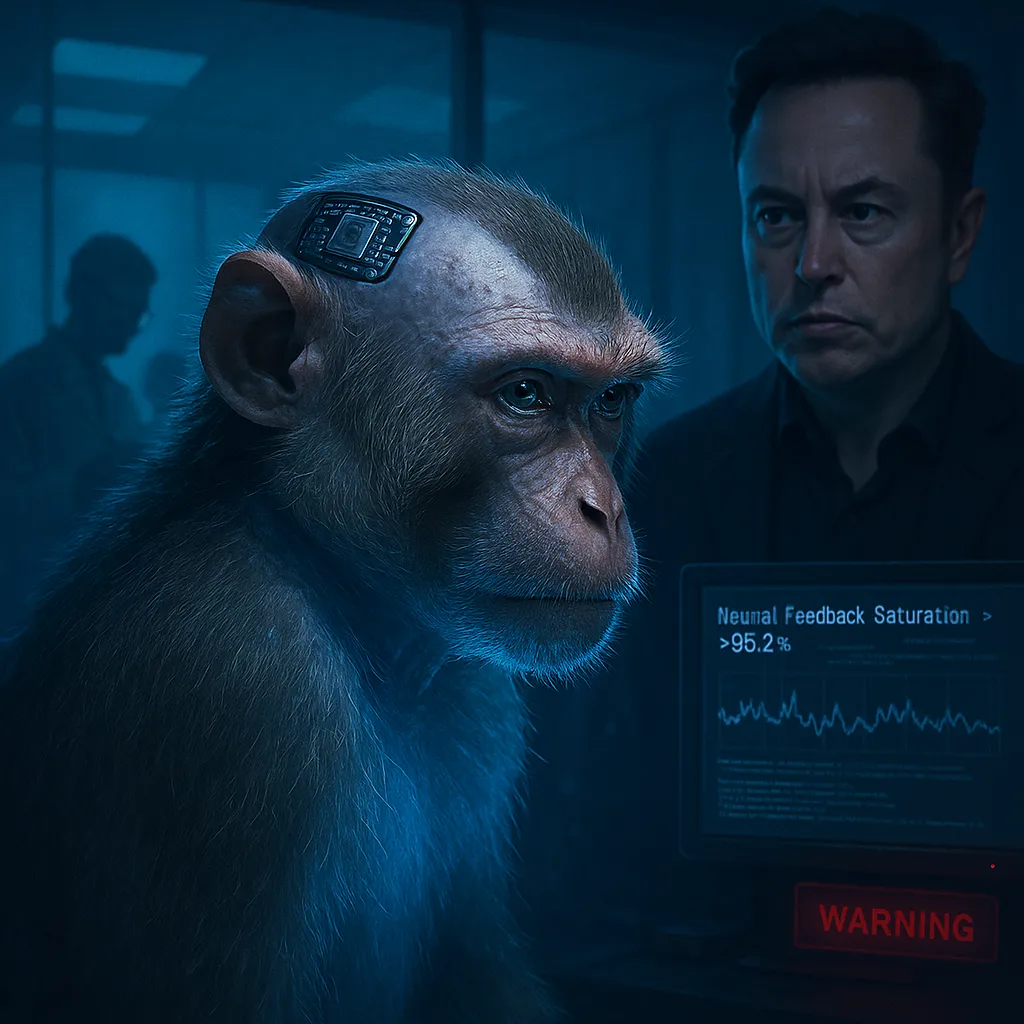
In a move that has sent shockwaves through the tech industry, Ireland’s privacy watchdog has launched an investigation into Elon Musk's social media platform X, formerly known as Twitter, over its alleged use of personal data to train the Grok AI chatbot. The investigation is raising serious questions about the ethical use of data, the transparency of artificial intelligence development, and the role that massive social media platforms play in handling users' sensitive information.
This latest scrutiny on X comes at a time when global concerns about data privacy and AI regulation have reached new heights, with government bodies increasingly focused on the intersection of data, privacy, and artificial intelligence.
The concerns arise from reports that X, under Musk’s leadership, has been using user-generated data to train Grok, a chatbot designed to compete with industry giants like OpenAI’s ChatGPT.
Grok is seen as Musk’s ambitious attempt to carve out a larger stake in the rapidly evolving field of AI, but the platform’s use of personal data for this purpose has sparked widespread alarm. Critics argue that by leveraging vast amounts of user data, often without explicit consent or transparency, X may be violating privacy laws and undermining public trust in how AI systems are developed.
The Irish Data Protection Commission (DPC), responsible for enforcing the European Union's General Data Protection Regulation (GDPR), is now looking into whether X’s data practices comply with the strict privacy laws that govern how personal information should be handled. The GDPR, which came into effect in 2018, is one of the most comprehensive data privacy laws in the world, and its regulations apply to any company operating within the EU or handling data from EU citizens.

It mandates that organizations obtain explicit consent before using personal data for purposes such as training AI models, and that they must be transparent about how this data is collected and used. If X is found to have violated these regulations, the platform could face substantial fines and reputational damage, with far-reaching implications for Musk’s vision of an AI-driven future.
X, which has undergone significant changes under Musk’s leadership, has been at the center of numerous controversies since Musk’s acquisition of the platform in late 2022. Known for his ambitious ventures in electric vehicles, space exploration, and AI, Musk’s latest foray into the AI field with Grok raises even more questions about the ethical boundaries of using data to create increasingly powerful and intelligent systems. Critics argue that Musk’s aggressive expansion into the AI industry, combined with his platform's vast repository of personal data, creates a dangerous precedent for the unchecked use of user information.
The Grok AI chatbot itself is designed to engage users in natural conversation and is powered by deep learning algorithms that require enormous datasets to function effectively. In order to train such an AI system, vast amounts of text data are needed, and X, with its millions of active users generating constant streams of content, provides a valuable resource for this purpose.
However, the ethical concerns arise from the fact that much of this data is not explicitly provided for the purpose of training an AI model. Users post their thoughts, ideas, and personal information on X with the expectation that their data will be used for communication within the platform, not necessarily to fuel the development of powerful AI systems.
X’s apparent use of personal data without clear consent or proper disclosure has raised alarms among privacy advocates, who argue that the company is violating the spirit, if not the letter, of the GDPR.

These concerns are amplified by the fact that Musk’s vision for AI involves the development of increasingly autonomous systems capable of interacting with users on a deeply personal level. With Grok’s potential to learn from vast quantities of personal data, many are questioning whether Musk’s ambitions in AI are being pursued at the expense of users’ privacy and rights.
As the investigation progresses, Musk’s track record with privacy and data security will inevitably come under scrutiny. While he has built an empire of highly successful companies, from Tesla to SpaceX, Musk’s history with data handling has been less than pristine.
Tesla, for example, has faced legal challenges regarding its handling of customer data, and SpaceX has also had its fair share of controversies related to privacy concerns. These past issues have led some to question whether Musk’s penchant for rapid innovation may sometimes overshadow the need for careful consideration of the ethical and legal implications of new technologies.
For Musk, this investigation is another challenge in a long list of issues he’s faced since taking control of X. From handling misinformation to dealing with platform abuse, Musk has had to navigate the complex dynamics of social media while balancing his vision of an open, free-speech platform with the practical challenges of moderation and governance. Now, with Grok and the investigation into its data practices, Musk finds himself facing a new set of questions about how far tech companies can go in using user data to fuel the next generation of AI.
The public’s trust in X will be a key factor in the outcome of the investigation. If users feel that their personal information is being exploited without their knowledge or consent, it could lead to a massive backlash against the platform. Social media users are increasingly aware of how their data is being used, and as more people become informed about the intricacies of AI development, it’s likely that the pressure on X to be more transparent and ethical will only intensify.
Musk’s response to the investigation will also be pivotal in shaping the future of X and Grok. Musk has built a reputation for being an outspoken and sometimes controversial figure, unafraid to challenge authority and push the boundaries of what’s possible with new technologies.
However, his tendency to downplay concerns and resist regulation could prove problematic in this case, as the DPC’s investigation is likely to be thorough and could result in significant penalties if X is found to have violated privacy laws. Musk has yet to publicly comment on the investigation, but his response to similar challenges in the past has often been to defend his actions as being in the public interest, even if they conflict with existing regulations.
As the world grapples with the implications of rapidly advancing AI technology, the investigation into X’s data practices is a critical test case for how governments will regulate the use of personal data in the development of AI systems.
While AI holds immense promise for transforming industries and improving lives, it also raises significant ethical questions, particularly when it comes to privacy and the control of personal information. The outcome of this investigation could set a precedent for how AI companies, especially those as influential as Musk’s X, are held accountable for their use of user data in the future.
At the core of this controversy is the growing tension between the ambitions of tech moguls like Musk and the regulatory bodies tasked with ensuring that their innovations don’t come at the expense of individual rights.
Musk’s enthusiasm for AI and its potential to revolutionize society is undeniable, but as his companies continue to push the boundaries of what’s possible, the questions about privacy and data use will only become more urgent. The investigation into X’s data practices serves as a stark reminder that even the most powerful tech platforms must be held accountable for how they handle the personal information of their users.

In the coming months, as the investigation unfolds, the debate over the ethical use of personal data in AI development will likely intensify. For Musk, this is more than just a legal issue; it is a battle for the future of his company and his vision for AI.
For the privacy watchdogs and concerned users, it’s a chance to hold one of the world’s most influential tech moguls accountable for his actions and ensure that the rapid pace of technological advancement does not come at the cost of fundamental rights and freedoms. As AI continues to shape the world around us, the lessons learned from this investigation will be crucial in guiding the ethical development of AI for years to come.

-1748255133-q80.webp)
-1748659793-q80.webp)

